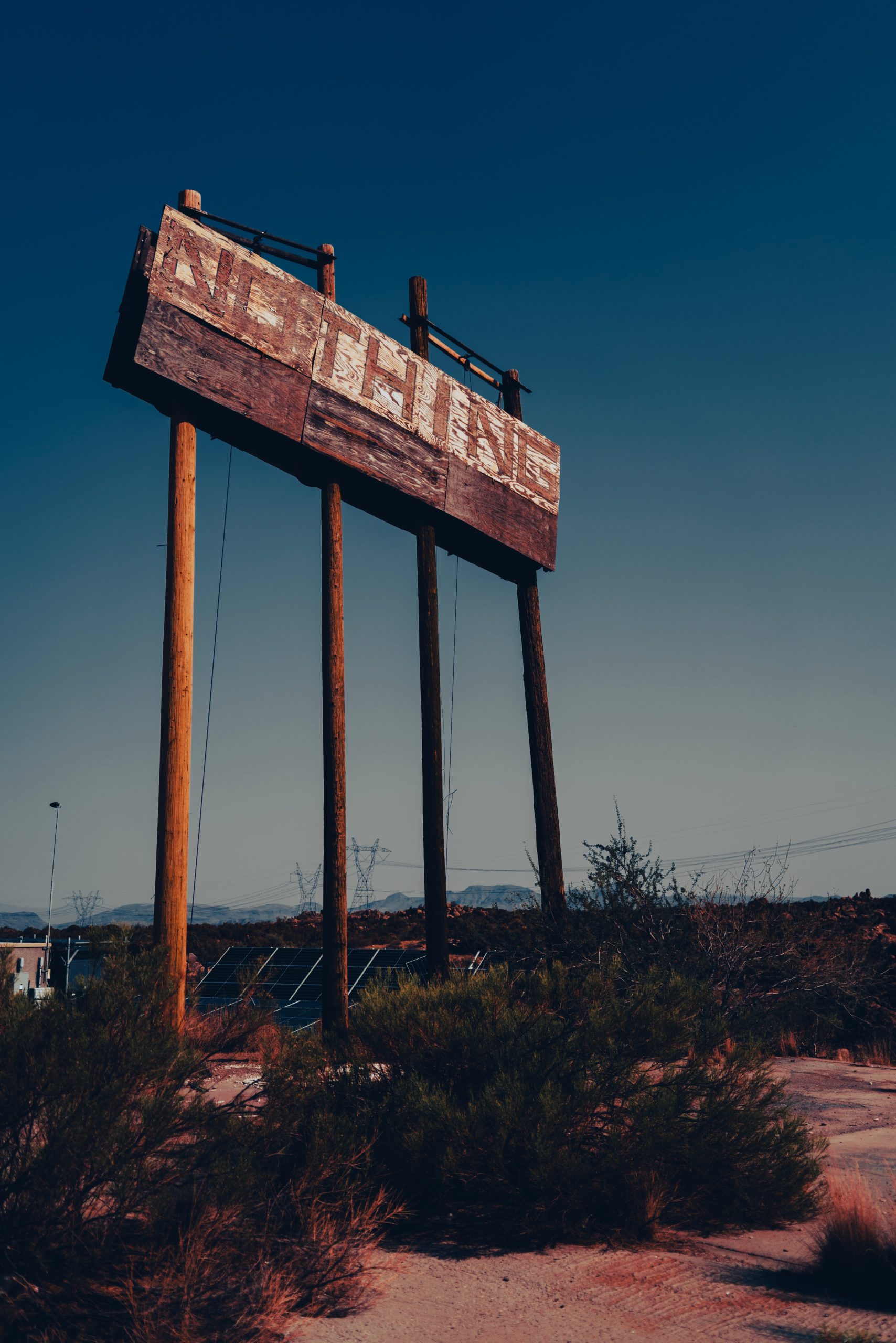The death penalty has been in the news a lot lately. I read recently that Oklahoma has approved nitrogen gas as a way to kill people. The Boston Marathon bombing trial is in its sentencing phase. There have also been several high profile executions gone wrong. And, of course, The Supreme Court just heard oral arguments on a capital punishment case. It’s hard for me to wrap my head around the fact that we even still have capital punishment. And it’s even harder to believe that it is relatively uncontroversial. That’s not to say that there isn’t a debate, there is. I’m just saying that inmates are killed with great frequency and it doesn’t generate nearly the kind of angst that gay marriage, abortion and missing emails generate.
Most of the arguments about the death penalty are well worn. People that are for capital punishment say that it is a deterrent, even though it isn’t. They also say that it is justice, which, again, it isn’t. Sometimes they’ll even say that it is for safety, that certain people are too dangerous to be kept alive. That one is usually reserved for deposed dictators, but it is there all the same. People that are against the death penalty point out that it is far more expensive to execute someone than to keep them in prison for life. Going along with that one, they point out that death penalty cases take up a lot of the court system’s time when there are other things they could be dealing with. And, they also point out that mistakes are made and innocent people are put to death.
The anti-death penalty group is right in all of their arguments while the pro-death penalty group is wrong in all of theirs. So, this seems like a slam dunk. Let’s just get rid of the death penalty. I support the idea of getting rid of the death penalty, but I don’t like the arguments. On both sides, they are too oriented towards the practical. It seems like if we could find definitive proof of someone’s guilt and if we could kill that person cheaply, we should go ahead and do it. That doesn’t sit well with me.
It’s a little strange to say, but I like the religious objections better. The Catholic church* and Quakers are famously anti-death penalty. Essentially they say that killing is a sin (one of the ten commandments), so we shouldn’t do it. That’s better since the law shouldn’t hinge on particular cases, and it is universal, but I don’t like a faith based argument. What reason does a non-Catholic and a non-Quaker have to agree?
When I think about the death penalty, the first thing I think of is John Locke. He was a huge influence on the founding fathers and a lot of our government is reminiscent of his ideas. One of the things that he talked about is the “state of war.” This isn’t war in the sense of two governments fighting with soldiers. This is a case where one person tries to take control of another person. When that happens, they are no longer fellow citizens of the state of nature, they have entered a state of war. When in a state of war, the victim can use any means necessary to stop the aggressor, including killing the aggressor. However, the state of war is short lived. Once the aggressor has been subdued or surrenders, it is over. Then, it becomes a question of reparation, and killing the aggressor won’t repair anything. Locke also said that one of the main reasons we enter into society is so that we, as private individuals, no longer have to worry about states of war. The State will be the one with that power. Naturally there are times when a person is being attacked and the police are not around, so killing in self defense is still a rare option, but once the State intervenes, there can be no state of war. The aggressor is subdued, so killing the aggressor does nothing.
As for why the state shouldn’t kill the criminal after a fair trial, I look to Plato. In The Republic, one of the early guesses as to the nature of justice is that justice is helping your friends and harming your enemies. Socrates, however, points out that justice is supposed to be a good and asks if a good can ever make someone worse. They decide that it doesn’t make sense for a good like justice to make someone worse, so harming one’s enemies cannot be part of justice. On this view, punishment can only be rehabilitative (I thought I was making up a word there, but the spell checker said nothing). Putting someone to death cannot rehabilitate. Therefore, the state, acting in the name of justice, shouldn’t use the death penalty.
When you put those two views together, you get the state having a monopoly on the use of force and only an unjust state uses that force to kill convicts. It seems pretty clear to me. I’d rather live in a just state. So, we should stop capital punishment. All of the pragmatic concerns are just icing. I want to hear some real angst the next time someone is put to death. Then, maybe our state will stop doing it.
* It’s funny they way liberals ignore how progressive the Catholics are in many areas. I know they are wrong about LGBT issues and birth control. I disagree with their position on abortion, but I understand it. But, when it comes to the death penalty, climate change, homelessness, hunger, evolution and a host of other issues, they lean way left.












Thank you for writing this. I’m glad others are willing to stand up against the death penalty.
Thanks. I’m honestly surprised more people don’t complain about it.
Me too. People just take it as self-evident that we should endorse capital-punishment (especially in South USA, where I am from).